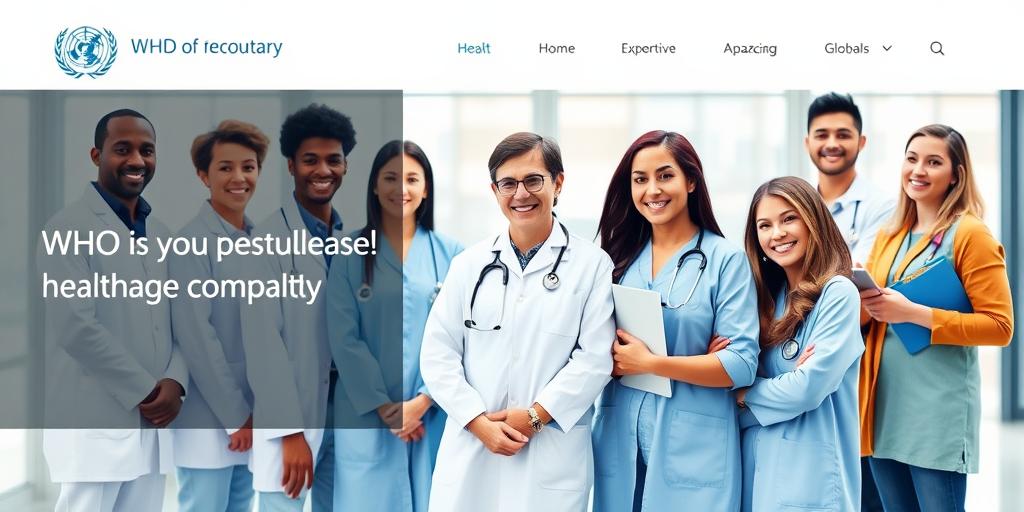The Role of WHO in Shaping Global Health Policy (2025)
The World Health Organization (WHO) plays a pivotal role in shaping global health policy, especially as we navigate the complexities of the 21st century. This article explores the multifaceted influence of the WHO, its key functions, and its impact on international health governance in 2025.
Key Functions of the WHO
The WHO’s mandate encompasses a wide range of activities aimed at promoting health, preventing disease, and serving the vulnerable. Key functions include:
- Setting Norms and Standards: The WHO establishes international health regulations, guidelines, and standards that member states are encouraged to adopt. These benchmarks cover areas such as disease surveillance, response to outbreaks, and healthcare quality.
- Providing Technical Assistance: The organization offers technical expertise and support to countries in developing and implementing their health policies and programs. This includes training healthcare professionals, strengthening health systems, and providing access to essential medicines.
- Monitoring and Surveillance: The WHO monitors global health trends, tracks disease outbreaks, and assesses health risks. This information is crucial for early detection, prevention, and control of health threats.
- Research and Development: The WHO supports research on health issues, promotes innovation in healthcare, and facilitates the translation of research findings into policy and practice.
- Advocacy and Resource Mobilization: The WHO advocates for increased investment in health, raises awareness of health issues, and mobilizes resources to address global health challenges.
Impact on Global Health Governance
The WHO’s influence extends beyond its direct functions to shaping the broader landscape of global health governance. The organization:
- Convening Power: Serves as a platform for dialogue and collaboration among governments, international organizations, civil society, and the private sector.
- Agenda-Setting: Helps define global health priorities, raise awareness of emerging health issues, and mobilize collective action.
- Coordination: Coordinates the efforts of various actors in the global health arena, ensuring coherence and avoiding duplication.
- Accountability: Promotes transparency and accountability in global health governance, monitoring progress toward health goals and holding actors accountable for their commitments.
Challenges and Opportunities
Despite its significant contributions, the WHO faces several challenges:
- Funding Constraints: The WHO relies heavily on voluntary contributions from member states and other donors, making it vulnerable to funding fluctuations.
- Geopolitical Tensions: Geopolitical tensions can hinder consensus-building and undermine the WHO’s authority.
- Evolving Health Landscape: The emergence of new health threats, such as antimicrobial resistance and climate change, requires the WHO to adapt and innovate.
Despite these challenges, there are also opportunities for the WHO to strengthen its role in shaping global health policy:
- Strengthening Health Systems: Investing in health systems strengthening is essential for achieving universal health coverage and improving health outcomes.
- Leveraging Technology: Harnessing the power of digital health technologies can improve access to healthcare, enhance disease surveillance, and promote health literacy.
- Promoting Multisectoral Collaboration: Addressing health challenges requires collaboration across sectors, including health, education, agriculture, and environment.
Conclusion
In 2025, the World Health Organization remains a critical player in shaping global health policy. By setting norms and standards, providing technical assistance, monitoring health trends, and fostering collaboration, the WHO contributes to a healthier and more equitable world. Addressing the challenges and seizing the opportunities will be crucial for the WHO to fulfill its mandate and ensure that everyone, everywhere, has the opportunity to live a healthy life.
